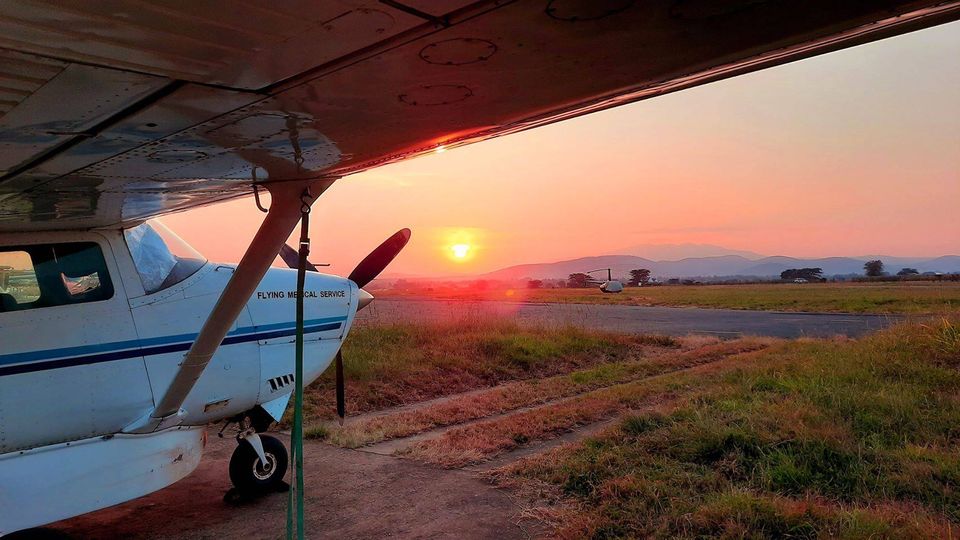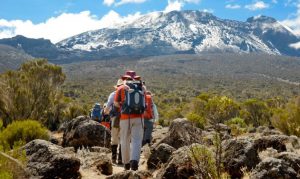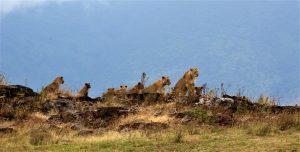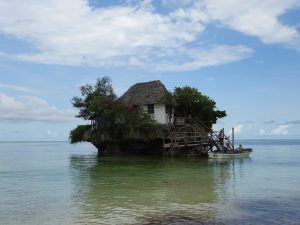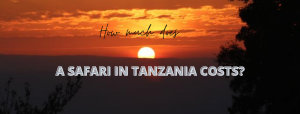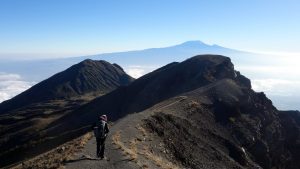The Importance of Flying Doctors during Your Safari in Tanzania
Tanzania, renowned for its breathtaking landscapes and diverse wildlife, attracts adventurers and nature lovers from around the globe. A safari in this remarkable country offers an opportunity to witness the majestic wildlife and immerse oneself in the beauty of its national parks. However, amidst the excitement and wonder, it is essential to recognize the importance of adequate medical support, particularly the role of flying doctors. This service is vital for ensuring the safety and well-being of travelers exploring remote areas.
Understanding the Need for Medical Support
Traveling to remote locations can pose certain health risks. While Tanzania is generally a safe destination, the realities of being in the wilderness mean that access to healthcare can be limited. In many areas, medical facilities may be far away, and emergencies can arise unexpectedly. This is where flying doctors come into play. These specialized air ambulance services provide quick access to medical care in critical situations, offering peace of mind to travelers who might find themselves in distress.
Quick Response in Emergencies
The primary advantage of flying doctor services is their ability to respond swiftly in emergencies. In the event of an accident or sudden illness, every minute counts. Traditional ground transport may take too long to reach remote locations, especially in national parks where road conditions can be challenging. Flying doctors can reach patients in a fraction of the time, ensuring that individuals receive the medical attention they need without delay.
Expertise in Wilderness Medicine
Flying doctors are not just ordinary medical professionals; they are trained in wilderness medicine. This specialized training equips them with the skills needed to handle medical situations that may arise in isolated environments. They are familiar with the unique challenges of treating injuries or illnesses away from conventional medical facilities. Whether it’s dealing with animal bites, heat exhaustion, or other safari-related health issues, flying doctors possess the knowledge and experience to provide effective care.
Comprehensive Medical Services
Flying doctor services typically offer a wide range of medical assistance. This can include emergency stabilization, medical evacuation, and transportation to appropriate medical facilities. Their aircraft are equipped with essential medical equipment, enabling them to provide immediate care en route to hospitals. Additionally, they can offer advice and guidance on health precautions before the trip, helping travelers prepare for potential health risks associated with a safari.
Peace of Mind for Travelers
Knowing that a reliable medical service is available can significantly enhance the safari experience. Travelers can focus on enjoying the stunning landscapes, observing wildlife, and participating in cultural experiences without the constant worry of what might happen in an emergency. This sense of security allows adventurers to immerse themselves fully in their surroundings, creating lasting memories and enriching their journey.
Connection to Local Healthcare Systems
Flying doctor services often work closely with local healthcare systems. In the event of an emergency, they coordinate with hospitals and clinics to ensure seamless transitions for patients. This collaboration is crucial, especially in a country like Tanzania, where medical facilities may vary in quality and resources. Flying doctors help bridge the gap between remote locations and urban healthcare facilities, facilitating timely and effective treatment.
Preparedness and Prevention
While the presence of flying doctors is essential for emergencies, it also promotes a culture of preparedness and prevention. Travelers are encouraged to take necessary precautions, such as obtaining vaccinations, carrying appropriate medications, and being aware of potential health risks. Flying doctors often provide pre-trip consultations, sharing valuable information about health and safety in Tanzania. This proactive approach not only reduces the likelihood of emergencies but also empowers travelers to make informed decisions.
Supporting Local Communities
Flying doctor services can also have a positive impact on local communities. Many of these organizations engage in outreach programs, offering medical assistance and health education to underserved populations in remote areas. This commitment to community health helps improve overall well-being and fosters goodwill between travelers and local residents. As tourists experience the beauty of Tanzania, they can also contribute to the health and welfare of its communities through their support of flying doctor initiatives.
Cost Considerations
While the services provided by flying doctors are invaluable, travelers should also be aware of potential costs associated with using these services. It is essential to consider travel insurance that covers emergency medical evacuations, as this can mitigate financial burdens in case of an unexpected incident. Understanding the terms and coverage of your insurance policy will ensure that you are adequately protected during your safari adventure.
In Summary
In conclusion, the importance of flying doctors during a safari in Tanzania cannot be overstated. Their ability to respond quickly in emergencies, expertise in wilderness medicine, and comprehensive medical services provide essential support for travelers exploring remote areas. Knowing that such a service is available allows adventurers to enjoy their experience with greater confidence and peace of mind. As you plan your safari, consider the vital role of flying doctors, and take the necessary steps to prepare for a safe and enjoyable journey into the wild. With the right precautions and support, your Tanzanian adventure can be an unforgettable experience filled with wonder and discovery.

